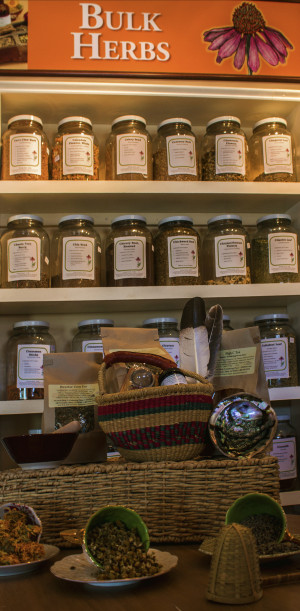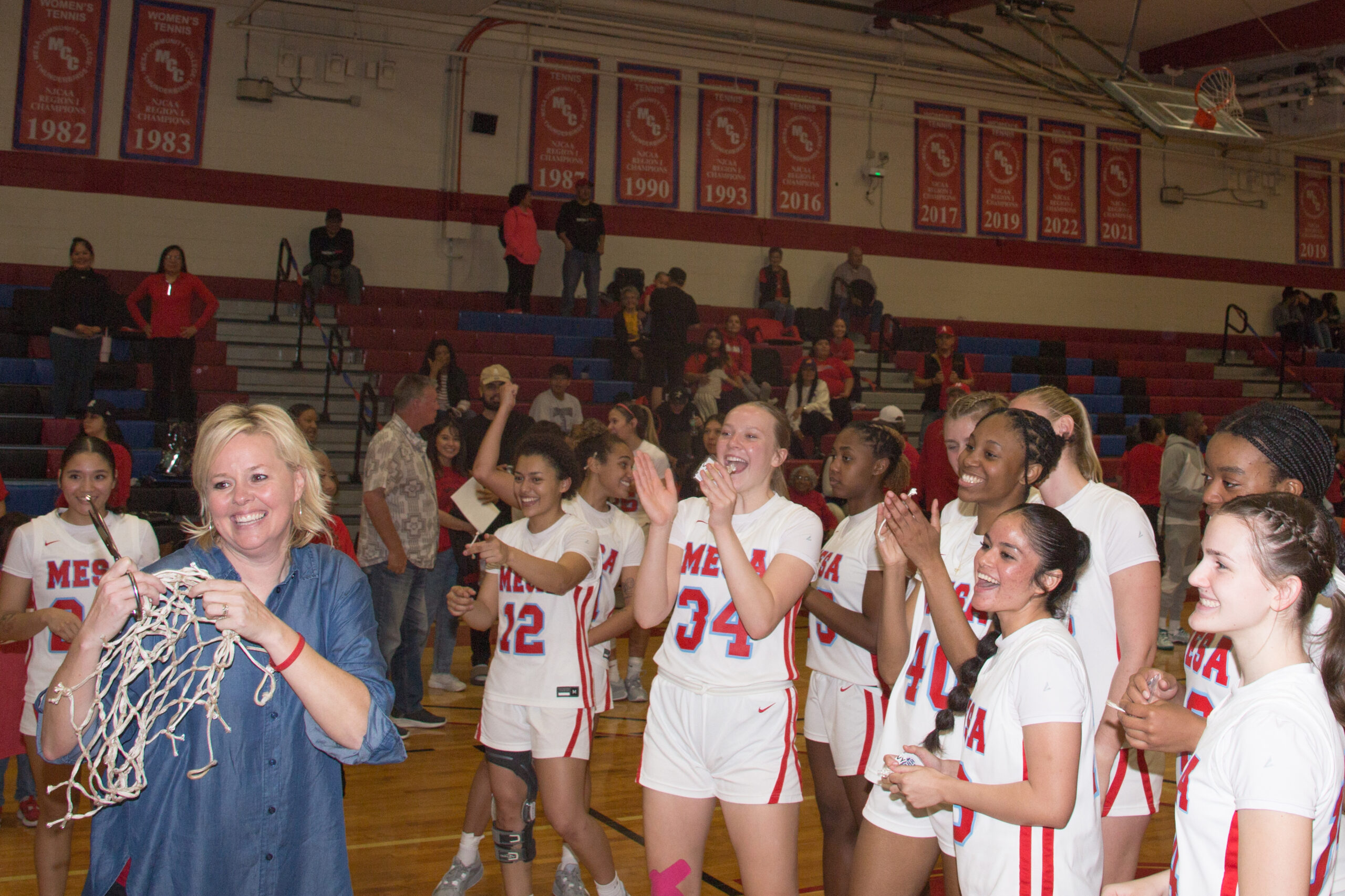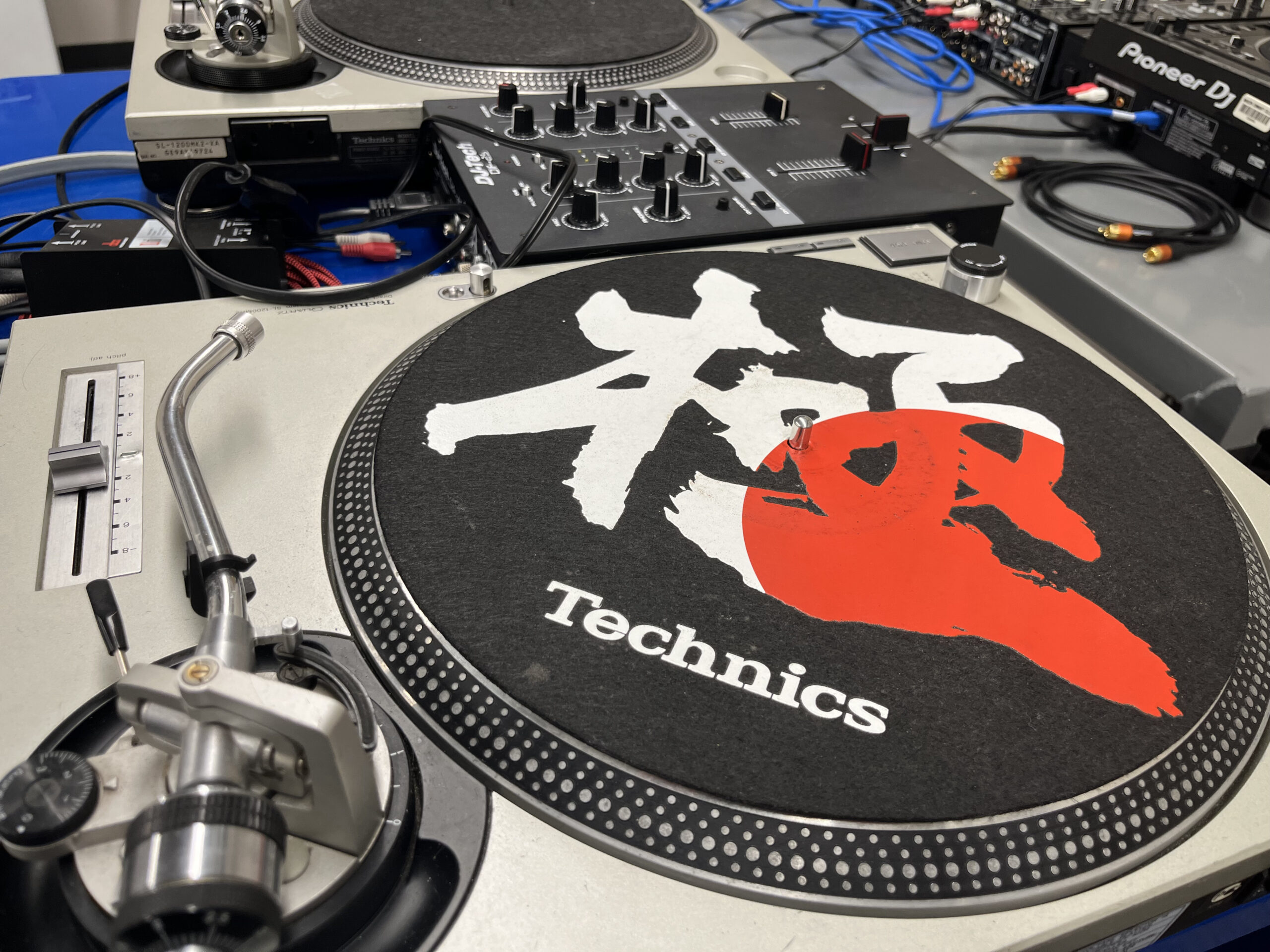Herbal treatments gain mainstream support
Julie Beach
Mesa Legend
Some question whether mainstream western medicine can incorporate alternative medical practices such as therapeutic massage, guided meditation, utilizing supplements and herbal medicine, and others into a holistic approach of taking care of people and dealing with situations on an individual basis. There are those who see the value in a holistic approach as the best of both worlds.
Mesa Community College resident faculty member in the clinical nursing department, Elizabeth Allen, is a registered nurse and instructor.Allen chose nursing as a career path because it’s challenging and keeps her busy; she also likes being of service and helping people. Her approach consists of the science aspect of medicine along with the knowledge and understanding of how certain herbs and supplements interact with pharmaceuticals.

Photo by Tania Ritko / Mesa Legend
“There are diseases that alternative medicine can’t cure but there is a place for different modalities and each serve different needs,” Allen said. Allen took an elective holistic nursing class in college and believes it gave her a broader and more rounded view of healthcare. “Being in a healing profession takes a special person because it is both a gift and a learned talent,” Allen said.
Pam Field is a registered nurse and licensed massage therapist. She currently works at the Southwest Institute of Healing Arts in Tempe as a massage therapy instructor. Field also has her own therapeutic massage practice and considers herself a bridge between mainstream medical doctors and holistic practices.
Having the credentials and certification as a registered nurse allows Field to be a health educator and interpret what the doctor is saying in a language the patient can understand. She also has training and experience in massage therapy which gives her an opportunity to weave the two systems together.
“I believe the biggest obstacle to medical doctors working in harmony with holistic practitioners is that medical doctors feel threatened. They are afraid that if people choose alternative healing practices that it will take away from their slice of the pie,” Field said. The approach she uses is to be a support system for the doctor and the patient filling in the blanks of touch, time, and listening. “These three key elements are what doctors don’t have time to offer and what people who aren’t feeling well need,” she said.
After Field researched the benefits of time, touch, and listening, she discovered studies that showed that if a doctor touches the patient’s hand while they are talking to them or spends an extra 5 minutes listening to what is going on, the incidents of malpractice suits are reduced. “When I offered this fact in a lecture to first-year medical students it spoke to something they could relate to,” Field said. For some, spiritual belief systems play a role in healing and are considered alternative medicine.
Kathleen Gould owns her own business called Southwest Herb in downtown Mesa. She began researching plant medicine when her son was young and diagnosed with ADHD. The school he was in wouldn’t allow him to attend without taking Ritalin because his symptoms were so disruptive. When Gould gave her son Ritalin, he was always tired and didn’t behave like a happy, active child. She knew there had to be a healthier alternative without side effects.
After research and trial and error, she found herbal remedies relieved her son’s symptoms and get him through his school years. That was the beginning of a 30-year business that has grown into a community where people can learn how to harvest plants with respect and use them for healing, make tinctures and salves and find herbs for animals and children.
Mesa Community College student, Cumorah Masters, was introduced to healing herbs and oils by her mother when she was a child. “When I was little and had an upset stomach or a headache my mom would rub oils on my head or give me an herbal tea and it always made me feel better,” Masters said. “Using plants and herbs as medicine works and it fills a need. I don’t think doctors are open to it because they are funded by the pharmaceutical companies,” Gould said. At Southwest Herb, herbal remedy classes are offered. One of those classes is Plant Spirit Medicine that is based on the Mayan teaching that plants’ karmic purpose is to heal. “There is one universal energy and plant energy is a healing art,” Gould said.
Administrative assistant Trina Hillery in Mesa Community Colleges Psychology department was diagnosed with a nerve disorder. After having surgery and radiation treatments to alleviate her symptoms, she was still in pain. That is when Hillary turned to alternative treatments. “I tried acupuncture and dirt that was blessed by Native American Indians that I carried with me and rubbed on painful spots,” Hillery said.
John Sanders is a massage therapist and instructor at The Arizona School of Massage Therapy in Tempe. His first career path was as a computer programmer. Sanders said he would get bored at work and walk around and interact with the other users. “I am a touchy kind of person and I would rub my co-workers shoulders as they sat hunched over their computers working. A lot of my co-workers recommended that I go to school to learn to be a professional massage therapist and that’s just what I did. I love working in this field and have never looked back,” Sanders said.
Sanders believes that massage can be utilized as an alternative medicine tool. Sanders said he has a chronic illness that requires him to take Prednisone. He also incorporates massage therapy, herbal remedies and homeopathic treatments to stay healthy. “I think the reason physicians dismiss the benefits of massage is because they don’t have first hand experience with it,” Sanders said.
From a different standpoint, a sampling of Mesa Community College students showed that the majority would prefer a therapeutic massage or herbal supplement as opposed to a shot or a pharmaceutical prescription with their accompanying side effects. While most students said that taking vitamins, exercising and trying to get enough rest between work, school and other responsibilities is the best way to stay healthy, all agreed that it was good to know a doctor or hospital is available should the need arise.









